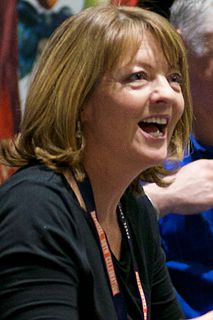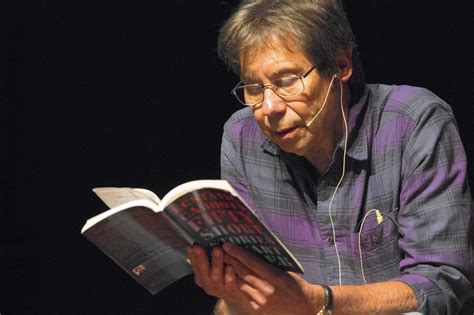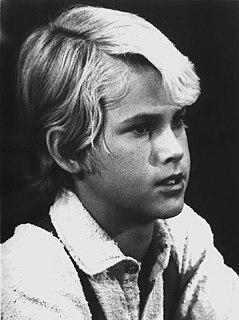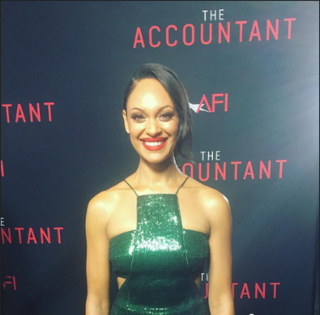A Quote by Sarah Sutton
I like the stories with the historical themes.
Quote Topics
Related Quotes
In 'Labor Day Hurricane, 1935,' Douglas Trevor vividly recreates a historical event. While that is the only story in A THIN TEAR IN THE FABRIC OF SPACE in the historical past, many of the other stories juxtapose fact-both historical and scientific-with narration to an engaging effect, one that distinguishes the voice of this new writer.
I mean these are universal themes. I try not to preach, for sure. I don't enjoy movies that preach - so I don't want to preach myself when I tell stories because I just feel all of these themes are built into us in terms of redemption and mercy and love and compassion and all these things. And the negative sides, as well.
We learnt a lot because we got in with real choreographers who tell you what they need from a song, because a song has to advance the story. Then real directors like Mike Nichols tell you where you can have 'B themes' and 'C themes', and we go oh yes, B themes and C themes! So we were taught in the finest school amongst the finest people. And also by the school of experience.
I really am just trying to tell stories. But stories are often grounded in larger events and themes. They don't have to be - there's a big literature of trailer-park, kitchen-table fiction that's just about goings-on in the lives of ordinary people - but my own tastes run toward stories that in addition to being good stories are set against a backdrop that is interesting to read and learn about.
For film, I think because it's more detailed, and especially with historical material, you really have to find the right projects. Speaking as a mixed-race woman, there aren't many historical stories about people like me. When people think of 'dual heritage,' they think it's a modern concept, but really it's not.
If somebody asks me about the themes of something I'm working on, I never have any idea what the themes are. . . . Somebody tells me the themes later. I sort of try to avoid developing themes. I want to just keep it a little bit more abstract. But then, what ends up happening is, they say, 'Well, I see a lot here that you did before, and it's connected to this other movie you did,' and . . . that almost seems like something I don't quite choose. It chooses me.




































